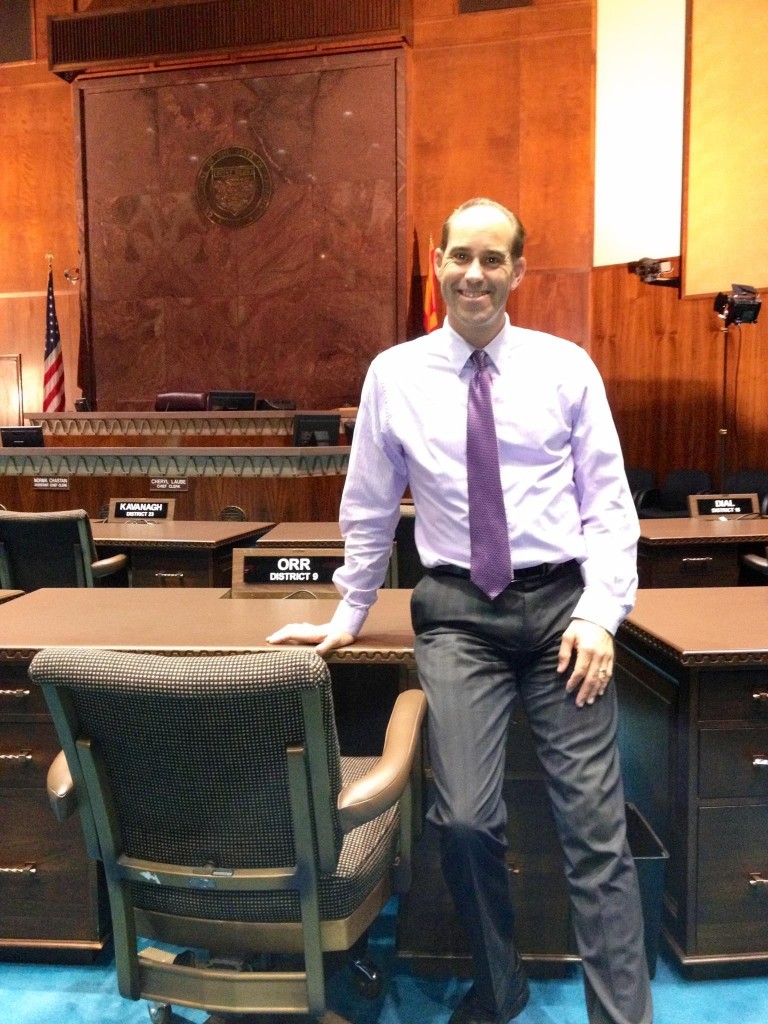Source: Excerpt from Arizona Republic, March 8, 2017 Editorial
If you’ve pondered the depths of Kartchner Caverns, dipped a toe in Lake Havasu or stalked wildflowers at Catalina State Park, you know the value of Arizona’s Parks system. In this 60th anniversary year of our parks, there’s more to do than just celebrate the 31 natural, historical, cultural and geological sites that give people a chance to fall in love – or stay in love – with our fabulous state.
A bill in the Legislature, House Bill 2369, would eliminate the State Parks Board – which means eliminating the citizen oversight the board was designed to provide . . . The bill passed the House and is now in the Senate. Under the bill, the duties of the Parks Board, which include managing, developing and operating state parks, would go to the Parks director. Streamlining state government is a Republican priority. But the Parks Board serves another popular Republican goal: keeping power with the people and assuring oversight of government bureaucrats.
Assuring a public voice in Parks decisions
The board was the result of a compromise made at the time the State Parks system was created in 1957. The intent was to assure a public voice in decisions. Members are the State Land Commissioner and six people appointed by the governor. Under current law, the six citizen members are required to have a knowledge of outdoor activities, Arizona history and conservation. To assure that stakeholders get representation, the livestock, recreation and tourism industries each get at least one spot on the board. This board is configured to provide valuable oversight from people who have an interest in Arizona’s outdoors.
The questions about Black’s management style, coupled with the increasing popularity of the Parks, are reasons for the board to continue doing the job it was created to do six decades ago. The Legislature should not eliminate the State Parks Board. Arizonans have a deep love of their State Parks, and the Parks Board gives them the opportunity to be part of the decision-making process and to exercise needed oversight.





You must be logged in to post a comment.